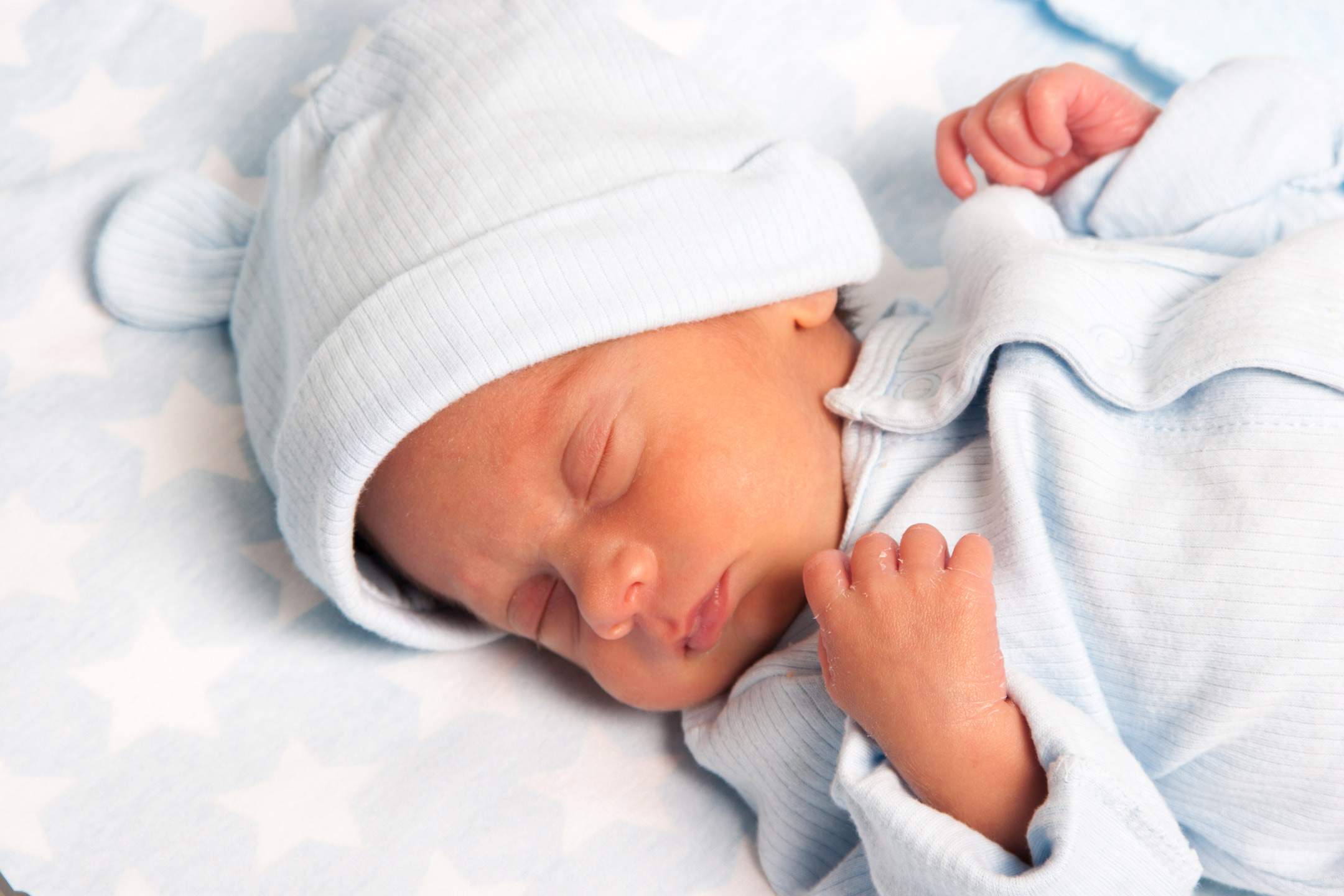
24 Feb Most babies born to mothers with COVID-19 separated after birth resulting in low breastfeeding rates
Most babies born to mothers with COVID-19 were separated after birth resulting in low breastfeeding and skin-to-skin contact rates during the height of the pandemic, according to a new global study.
Research at a Glance:
- A Murdoch Children’s Research Institute-led global study has found most babies born to mothers with COVID-19 were separated after birth resulting in low breastfeeding and skin-to-skin contact rates during the height of the pandemic
- The study found that transmission of COVID-19 from mother to baby was rare and generally mild when it occurred. But despite this, breast feeding rates were very low and the majority of mothers and babies had no skin-to-skin contact after birth. Reassuringly, clinicians did adapt to allow more family-centred care as the pandemic progressed
- The researchers stated the impact of COVID-19 on family-centred care, such as breastfeeding, co-habitation and skin-to-skin contact, should be considered in updated infection control guidelines
The international research, led by Murdoch Children’s Research Institute in collaboration with the European Society of Paediatric and Neonatal Intensive Care (ESPNIC), found that transmission of COVID-19 from mother to baby was rare and generally mild when it occurred. But despite this, almost half of all babies did not receive any breast milk, with only a quarter being breastfed and the majority of mothers and babies having no skin-to-skin contact immediately after birth.
Murdoch Children’s Professor David Tingay said the study, the largest on global family-centred care during COVID- 19, highlighted how ensuring good infection control measures had significantly impacted neonatal practice over the past few years.
“Almost half of all newborns in the trial were denied early and close contact with their mother, demonstrating how hard it was to balance infection control measures with mother-baby bonding recommendations, especially in the first year of the pandemic,” he said. Encouragingly, clinicians did gradually adapt to allow more family-centred care as the pandemic progressed, particularly the use of breastmilk.”
Only 5 per cent of babies born to infected mothers tested positive for SARS-CoV-2 and most cases were mild.
Shannon Trenwith’s daughter Agnes, born at 23 weeks, spent the first 160 days of her life in hospital due to complications of being born premature.
Two weeks after Agnes was born, Shannon and her partner Kim tested positive for COVID-19. They both had mild cases. Shannon said the 10 days spent apart from her daughter in home quarantine were unbearable.
“The first couple of days of being separated were agonising and we just cried and cried,” she said. It was a horrible time and we were constantly worried about Agnes given how fragile she was.
“The nurses were a great support though allowing us to have video chats daily with Agnes and keeping a diary with photos.”
Shannon said it was extremely emotional when they could finally cuddle their daughter again.
“It’s so important to have skin-to-skin contact to be able form a connection,” she said.
The first few months are especially vital to help a baby feel calm and safe. Families with newborns shouldn’t be forgotten when infection controls are being reviewed.”
Agnes, now aged 11 months, would go onto have operations on her eyes, multiple bowel surgeries and continues to receive oxygen and feeding support. But Shannon said otherwise Agnes was a heathy baby who loves bath time, books and a good giggle.
The study, published in The Lancet’s eClinicalMedicine, involved 692 babies born to mothers with SARS-CoV-2 in 13 neonatal intensive care units across 10 countries, including Brazil, France, Italy and the US, who participated in the EPICENTRE trial.

